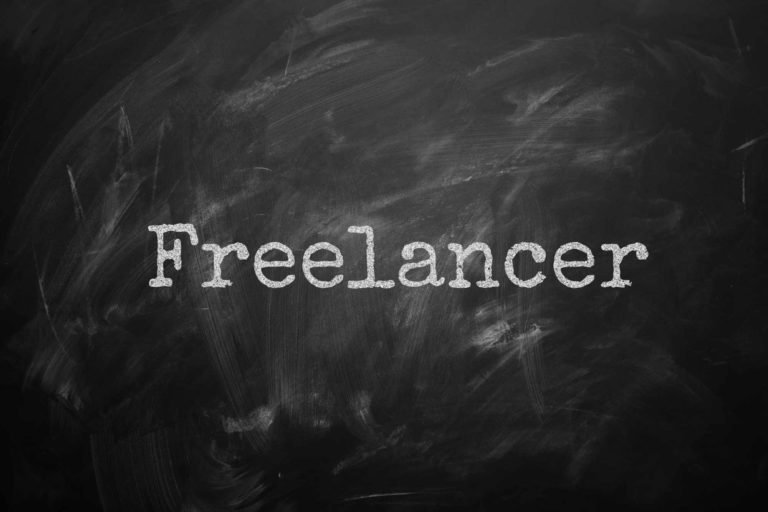Many entrepreneurs start out alone and without employees to build their own business. At some point, however, many of them reach a point where they can no longer cope with the workload or where new knowledge is needed to develop the business.
Sooner or later the question arises whether to hire new employees or to use an external freelancer. In the following you will learn more about the advantages of freelancers compared to permanent employees:
1. No financial risk
You have to pay a fixed monthly salary to a permanent employee, regardless of whether he or she is working to full capacity or not. You only pay a freelancer if you make use of his or her services. As a company, you ultimately bear a far lower financial risk when working with freelancers, as you can control costs better and there are no ongoing financial obligations.
2. Freelancers act like entrepreneurs
Freelancers are self-employment entrepreneurs and, unlike employees, they have to act entrepreneurially every day and bear the personal financial risk for this as well. This means that freelancers often have a much more committed attitude to their work, as it is important that you as a customer are satisfied so that this may lead to follow-up business or recommendations.
3. Flexible adaptation to operational needs
If the order situation in companies varies greatly, the demand for workforce rises and falls with it. In addition, it can happen that you as a company only need a specific service from time to time, but it would not make financial sense to hire an employee. With freelancers you have the advantage that you can buy in external manpower if necessary. In this way you always remain flexible and maintain a lean company structure.
4. No workplace & equipment has to be provided
Freelancers usually provide their services outside their company. This means that they do not have to provide a workplace or the necessary equipment.
5. Freelancers are replaceable
If you are not satisfied with a freelancer or the requirements profile has changed, you can easily terminate the cooperation. With an employed employee, however, the change is much more complicated and expensive, as you have to respect notice periods and may also have to pay severance pay.
6. It is paid for the successful completion of an order
With freelancers, you generally only pay when a job has been completed or an agreed interim goal has been reached. If the assignment has been carried out incompletely or unsatisfactorily, you can refuse payment until the agreed service has been provided. That is why freelancers make every effort to carry out the commissioned work quickly, well and efficiently.
7. Recruitment is quicker
The recruitment process for a new employee often takes a long time, as an employment relationship turns into a long-term commitment. You therefore need to make sure that the new employee fits in with your company and is capable of the task at hand. With a freelancer, the recruitment period is shorter because you can end the collaboration quickly if necessary and hire a new freelancer.
8. Freelancers are only paid for productive hours
Employees must also be paid if there is a quieter period and there is little or nothing to do in the company. With freelancers you have the advantage that costs only arise if you need their services.
9. Low administrative burden
With every new employee, new administrative work is added and you as an employer have to take care of, for example, health and social security payments and payroll accounting. With a freelancer you avoid these expenses. The only administrative work is paying the bills.
10. No working time limits
If a lot of overtime is required at peak times, you as an employer with employees can easily come into conflict with working time laws and the associated restrictions on working hours. With a freelancer you do not need to worry about this. Freelancers are flexible and can work a long day at peak times or step in at the weekend.


